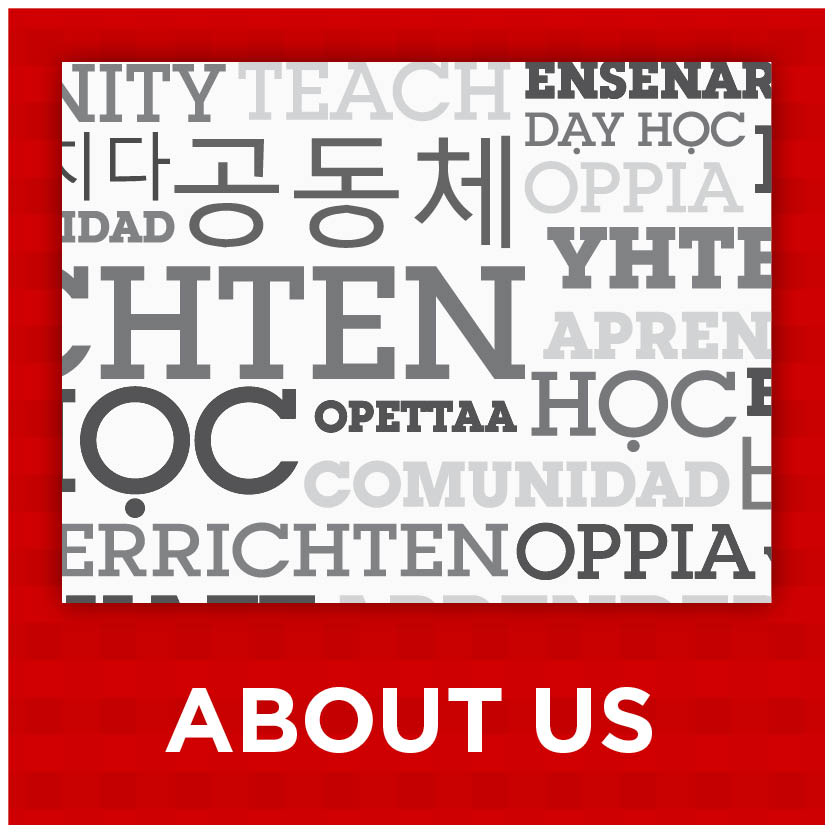
We have some initial descriptive results from beginning analyses on the data we collected from our eWorkshop participants during the 2017-2018 academic year.
Participant Perceptions of Effectiveness
We asked teachers who completed an ICMEE eWorkshop, “How effective was this eWorkshop in increasing your ability to work effectively with multilingual learners?” We had 232 respondents to this survey and 211 rated the eWorkshop they took as either extremely, very or moderately effective. This was 91% of our respondents. We also asked if our eWorkshop completers would recommend that other teachers take the eworkshop. 90% of our respondents said they would recommend other teachers take the eWorkshop.
Supervisor Perceptions of Effectiveness
We asked our eWorkshop completers to have a self-identified supervisor respond to the question: “How effective was this eWorkshop in increasing the eWorkshop participant's ability to work effectively with multilingual learners?” We had 101 respondents to this survey and 94 rated the eWorkshops either extremely, very or moderately effective. 83% of the respondents said they would recommend other teachers take the eWorkshop.
Participants who Reported a Change
The learning activities survey measures 12 stages of transformative learning that can be mapped to four levels of change: questioning, thinking differently, experimenting with acting differently, and acting differently. 91% reported some type of change as a result of the eWorkshop with only 2% of participants reported that they did not experience a change. 71% of participants selected that they are either experimenting with acting differently and/or acting differently as a result of the eWorkshop they completed and 20% are questioning or thinking differently.
Of the participants who reported that they experienced a time when they realized that their values, beliefs, opinions or expectations about teaching multilingual learners (MLLs) had changed provided a wide range of examples. Some examples include
• the value of using of native language as a tool for acquiring English,
• deeper understanding of the cognitive load in learning another language,
• shift to an asset based lens of their students,
• importance of getting to know their bilingual learners and many ways to support them,
• recognizing other cultural backgrounds and how they influence learning and assessment,
• realizing the importance of collaboration among the teaching staff, and that
• all teachers need to take responsibility for meeting the needs of multilingual learners.
More details at: https://go.unl.edu/6bri